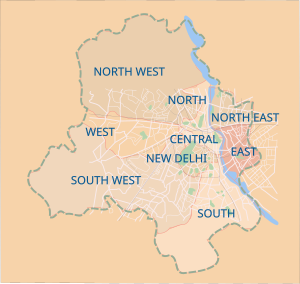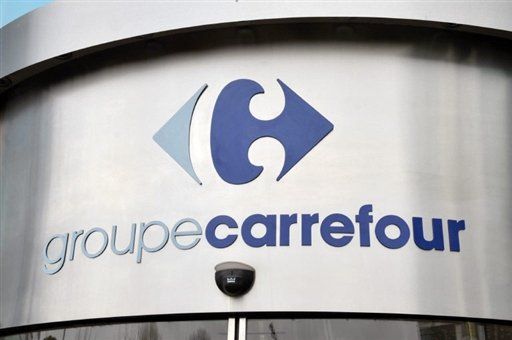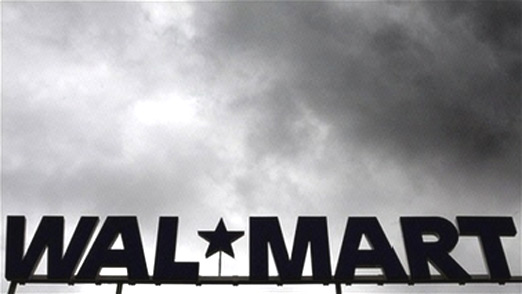 Image via Wikipedia
Image via WikipediaNEW DELHI: Shahadara is an unlikely place for a multinational supermarket chain but the world's second largest retailer, Carrefour, has chosen the chaotic, not up-market but vibrant east Delhi neighbourhood as its entry point to the vast Indian wholesale retail market. The French retail group on Thursday announced the opening its first cash-andcarry or wholesale outlet in Shahadara.
Government regulations only allow foreign retailers in the wholesale segment and prohibits FDI in the multibrand retail. There is stiff opposition from small shop owners and kirana stores and political parties to further open up the retail sector to foreign players.
The Department of Industrial Policy and Promotion had recently floated a discussion paper on the issue of opening up of the retail sector and some policymakers have backed the idea of allowing greater foreign participation in the retail sector.
The worlds largest retailer, Wal-Mart, had entered into a joint venture agreement with Bharti Enterprises and opened its first wholesale store in Amritsar. It plans to open other stores in the next three years. Germany's Metro entered the country's wholesale retail segment in 2003 and has stores in Hyderabad, Bangalore, Mumbai and Kolkata.






